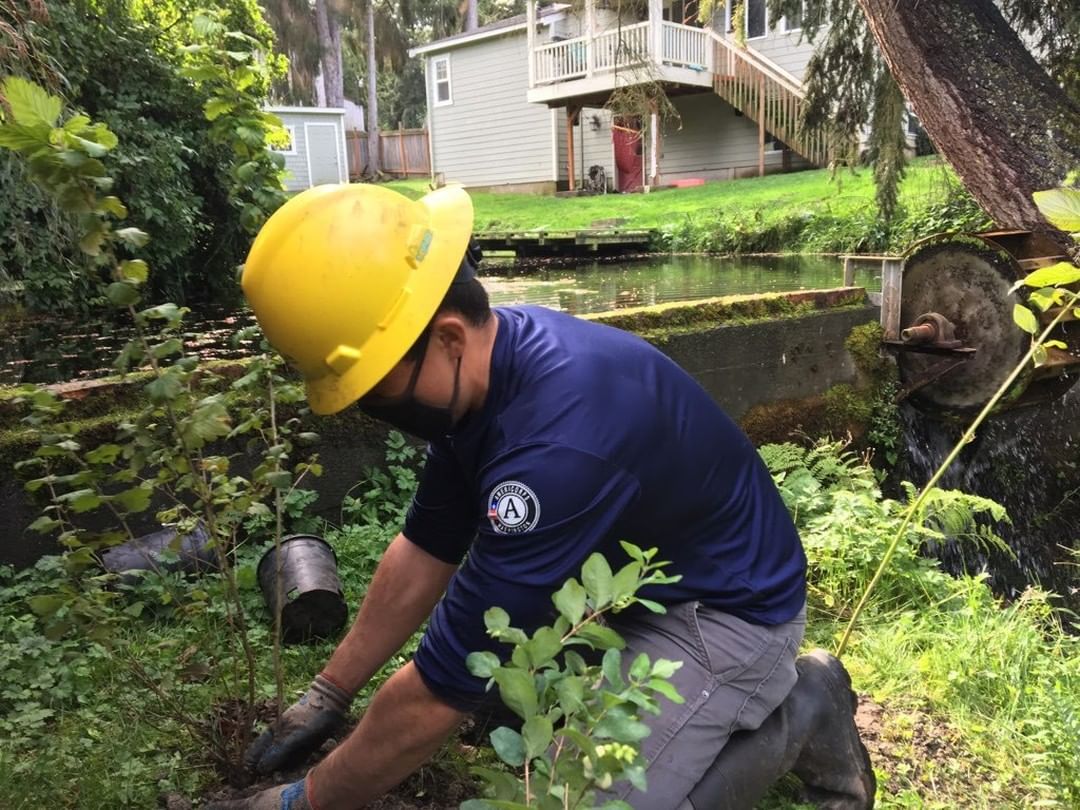Whereas, there is a pressing need for the conservation of renewable resources in all areas of the state, whether urban, suburban, or rural, and that the benefits of resource practices, programs, and projects, as carried out by the state conservation commission and by the conservation districts, should be available to all such areas;
therefore, it is hereby declared to be the policy of the legislature to provide for the conservation of the renewable resources of this state, and for the control and prevention of soil erosion, and for the prevention of flood water and sediment damages, and for furthering agricultural and nonagricultural phases of conservation, development, utilization, and disposal of water, and thereby to preserve natural resources, control floods, prevent impairment of dams and reservoirs, assist in maintaining the navigability of rivers and harbors, preserve wildlife, protect the tax base, protect public lands, and protect and promote the health, safety, and general welfare of the people of this state.
To this end all incorporated cities and towns heretofore excluded from the boundaries of a conservation district established pursuant to the provisions of the state conservation district law, as amended, may be approved by the conservation commission as being included in and deemed a part of the district upon receiving a petition for annexation signed by the governing authority of the city or town and the conservation district within the exterior boundaries of which it lies in whole or in part or to which it lies closest.
– RCW 89.08.010(4): Conservation Districts
Conservation districts around the State of Washington do a great job of being stewards of our common home, the heart of Cascadia, which is in our care.
Each year, forty-five conservation districts across the state hold elections between January and March to elect new Supervisors to their boards.
Progressives have always cared about environmental protection. Yet very few hold the position of an elected or appointed conservation district supervisor.
These elections have been in the shadows and hidden from voters for many decades. Last year, only 7,600 voters cast a ballot to elect supervisors across the state. 6,200 of those ballots were cast in King County and more than 5,000 of those votes went to one candidate, which means just 1,400 ballots were cast to elect supervisors elsewhere across the state. There are over 4 million voters in the state of Washington, and many have no idea about these elected offices.
More to the point, conservation districts need progressive representation.
At the recent state convention for conservation, supervisors and leaders struggled with issues around voting reform and diversity equity, and inclusion (DEI), while many other organizations have embraced the challenges of ending systemic racism. These other organizations have made statements and set plans to address racism and ensure inclusion and equity.
And while conservation districts have made great strides in gender equity, it remains the only level of diversity that can be seen.
Washington’s conservation districts have no real plans to address systemic racism and voting reform is stalled at the commission level.
Many of the supervisors fiercely defend that no election reform is needed, and no one is turned away that asks for help.
Supervisors are worried about the cost of elections if forced onto a general ballot, and the commission made reform suggestions, only to vote them down.
Progressive candidates with a passion for conservation and the environment are needed to change the tide and conversation. Elections will happen as early as January. Interested candidates should look up their nearest conservation district and announce their candidacy as soon as possible.
Conservation has survived because of dedicated people who believe in the preservation of our lands. The time has come to take conservation to the next level. Progressive candidates with a passion for the environment and the care of this great green region we call Cascadia are needed now more than ever.
Editor’s Note: Chris Porter is a beekeeper and King Conservation District Supervisor who recognizes that a cleaner, healthier environment for the survival of bees is necessary. Bees are a critical component in sustaining our food chain. They are also like the “canary in the coal mine” – and their survival is at great risk, along with the fruit we grow on our trees, the vegetables we plant in our garden, and the crops our farmers plant and harvest to feed us all. More than one out of three bites of food we eat is there because of pollinators such as bees.

